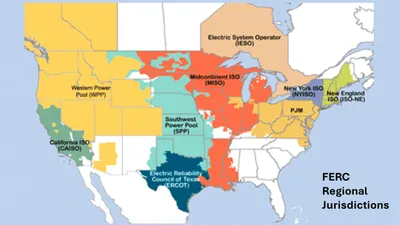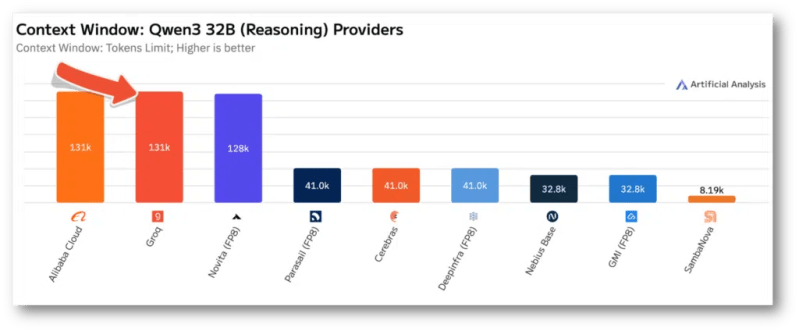
Key OPEC+ nations added less oil to the market last month than the headline figure of its output plan, as the cartel’s leadership pushed members to atone for earlier over-production.
The eight members involved in the group’s current accord raised production by 154,000 barrels a day, compared with a headline increase of 411,000 barrels a day, according to a monthly report from OPEC’s secretariat. Iraq, the United Arab Emirates and Russia were among those compensating for past excess output.
However, the eight countries’ total output was almost 400,000 barrels a day above their target for the month as Kazakhstan continued to pump well above its quota.
Group leader Saudi Arabia has spurred OPEC and its allies to accelerate their planned output revival in a bid to punish members that flouted their limits with lower prices, and to reclaim the market share Riyadh has ceded during years of supply curbs.
That push initially weakened oil prices, but markets have been roiled in recent days as Israel launched a wave of attacks on OPEC member Iran, including some strikes on its domestic energy infrastructure. US crude futures are trading near $73 a barrel after surging on Friday by the most in three years.
With Iran’s crude exports so far unaffected, OPEC Secretary General Haitham Al Ghais has said the organization doesn’t need to take any immediate action.
Quota Cheats
The report published by OPEC’s Vienna-based research department on Monday showed that members have taken a mixed approach in implementing their agreed production increases.
Saudi Arabia largely went ahead with its mandated hike in May, raising production by 177,000 barrels a day to an average of 9.183 million per day.
Kazakhstan and Iraq, who had pledged extra cutbacks as compensation for cheating, both reduced output in May. Astana cut by 21,000 barrels to 1.8 million a day, and Baghdad by 49,000 to an average of 3.93 million a day. Russia held flat, fulfilling its own compensation promise.
Despite Kazakhstan’s modest pullback, the country remained several hundred thousand barrels a day above its designated limit, a source of considerable friction with the Saudis.
Production across the full 22-nation alliance increased by 180,000 barrels a day in May to 41.23 million per day, according to the report. OPEC kept forecasts for global oil demand, and supplies from outside the cartel, broadly steady.
OPEC+ will hold another monthly video-conference on July 6 to consider making a further increase in August. Riyadh is eager to make more super-sized hikes in order to recoup market share as quickly as possible, people familiar with the matter said earlier this month.
What do you think? We’d love to hear from you, join the conversation on the
Rigzone Energy Network.
The Rigzone Energy Network is a new social experience created for you and all energy professionals to Speak Up about our industry, share knowledge, connect with peers and industry insiders and engage in a professional community that will empower your career in energy.




















